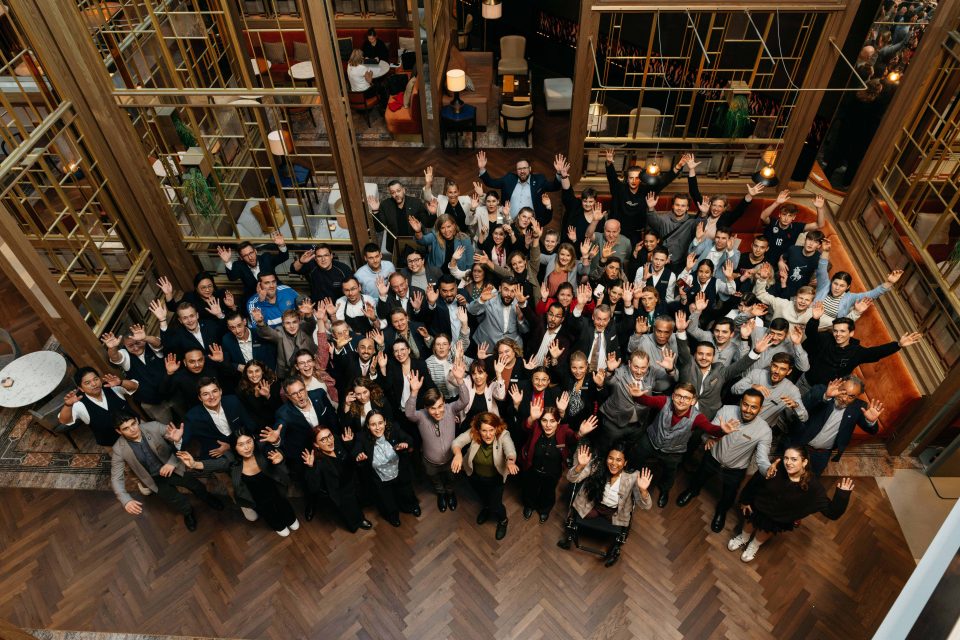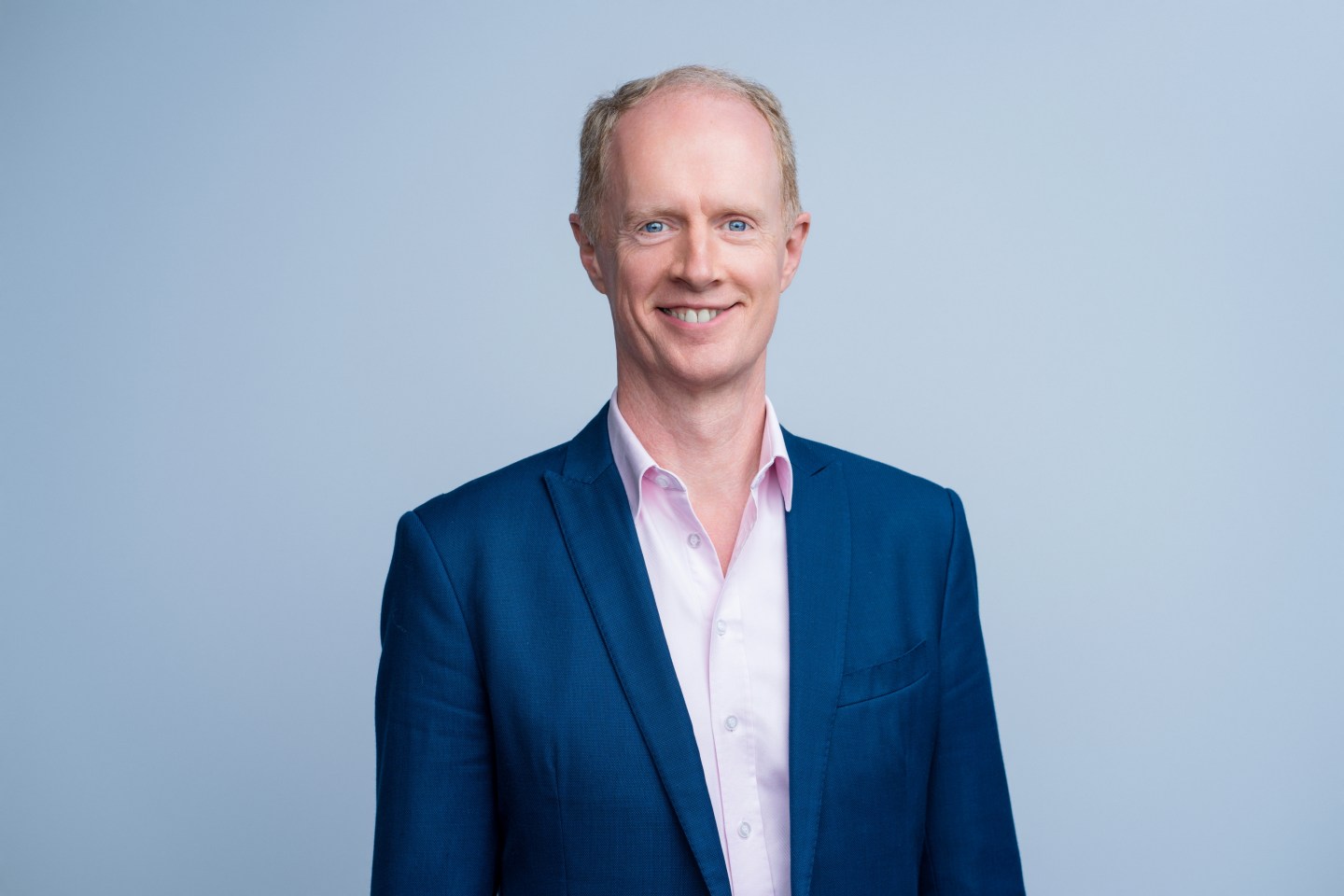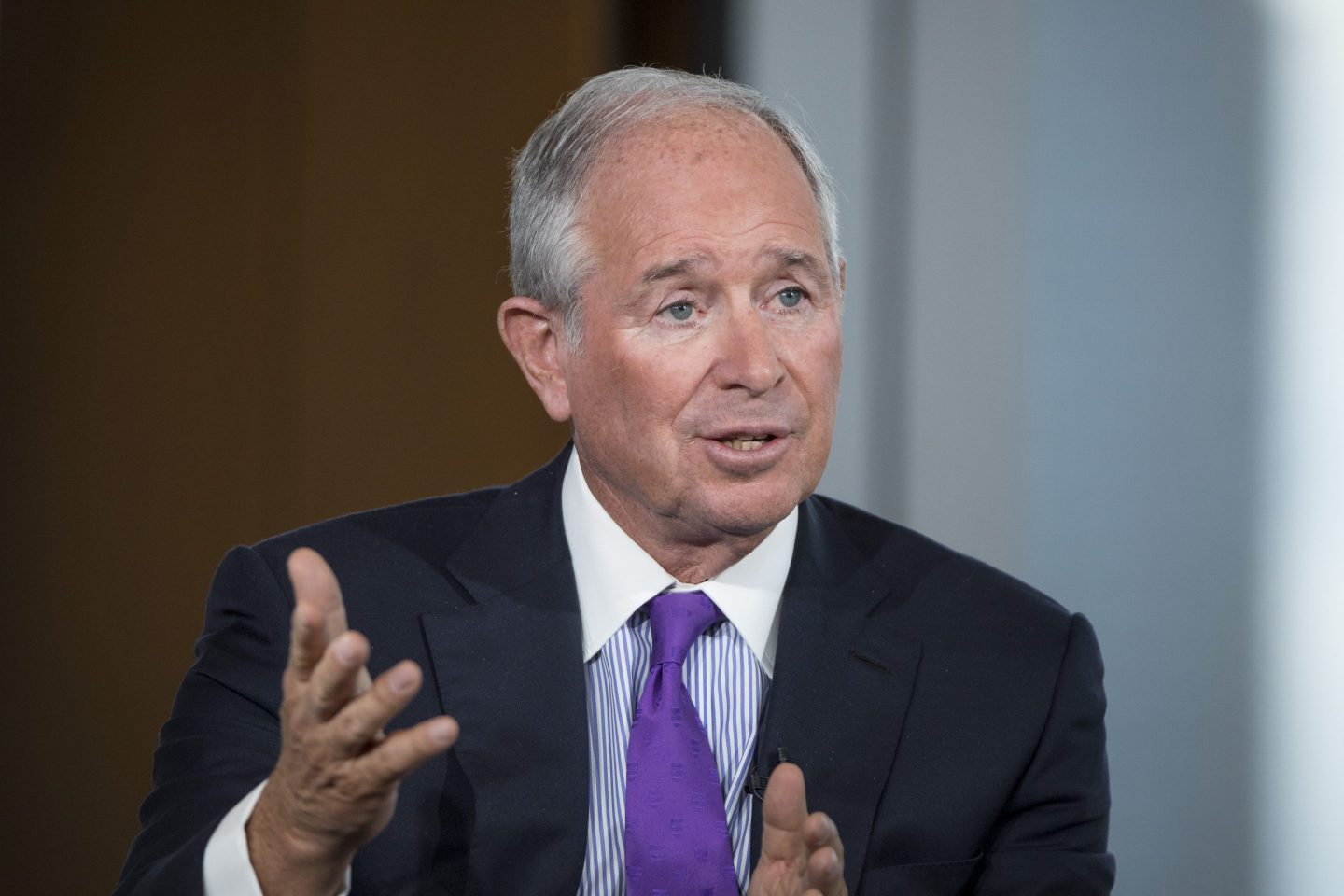Hilton is a leading global hospitality company with over 8,600 properties spread across 139 countries and territories—including nearly 50 in Europe—and it has brought its winning workplace culture to each of them.
In Fortune’s 100 Best Companies to Work For – Europe list 2025, Hilton has been named the best workplace in Austria, France, Italy, Switzerland and the Netherlands. In Austria, it has held that spot for four years running, Italy and Switzerland for three, and the Netherlands for two.
Part of this is widespread success as an employer comes from a comprehensive set of structured employee benefits and support programs. Team members anywhere in the world have access to Thrive at Hilton and the Care for All hub, which offers mental health, physical health and caregiving resources.
In times of emergency or hardship, the Team Member Assistance Fund provides financial relief. Then there’s Go Hilton, which offers discounted room rates and exclusive perks for themselves and their families, and Care Concierge, through which parents and carers benefit from enhanced family leave.
“While guests experience our hospitality every day in Hilton hotels around the world, that same spirit of care is how we support our team members who bring that hospitality to life,” says David Kelly, Hilton’s senior vice president of continental Europe.

Offering the same employee proposition doesn’t mean the company can copy and paste its culture into different societies; however, a challenge for any budding multinational.
For example, a firm that prides itself on a culture of extreme candor and full-blooded disagreement—think Jack Welch’s GE in the 1980s and 1990s—shouldn’t assume the same will follow if it opens an office in a country where indirect communication is the norm and courtesy is sacrosanct.
For Kelly, adapting Hilton’s business culture across so many diverse national cultures begins with knowing what is non-negotiable and transcends borders: the firm’s core values (in classic style, these form an acronym: Hospitality, Integrity, Leadership, Teamwork, Ownership and Now, which refers to a sense of urgency and discipline).
“While guests experience our hospitality every day in Hilton hotels around the world, that same spirit of care is how we support our team members who bring that hospitality to life.”
David Kelly, Hilton’s senior vice president of continental Europe
After that, it’s a question of recognizing other cultural differences in the markets where it operates, and adapting where appropriate—a process shaped primarily by employee feedback.
For example, Kelly says the company gauges the effectiveness of its programs and overall team member experience through employee surveys and resource groups. “Feedback from a diverse set of voices and perspectives ensures that offerings are relevant and transparent,” he adds.
This often results in benefits and well-being initiatives being tailored by country to ensure they are easily accessible and impactful in the local context. That could be something as simple as making sure the Care for All resources are in every language, through to adapting the charity partners the company works with.
For people with disabilities or learning differences, for instance, Hilton works with Down’s Syndrome Association and Aurora Foxes in the U.K., and PizzAut in Italy, creating training and employment pathways at Hilton and into the hospitality industry.
“We strive to reflect the local communities where we operate and empower local leaders and partners to show up authentically while staying true to our values,” says Kelly.
To support people in their careers and to help bridge cultural gaps, Hilton also has a variety of tailored training programs to support every role, from front-line staff to management, complemented by coaching and mentoring.
“One initiative developed in Europe which we are particularly proud of is the Team Member Exchange Program, which offers two-week hosted exchanges focused on learning and knowledge-sharing,” says Kelly.
The program gives team members the chance to experience different roles, properties, and cultures first-hand, building skills and strengthening connections across the region, and—in the process—strengthening the company’s cross-cultural bonds.












